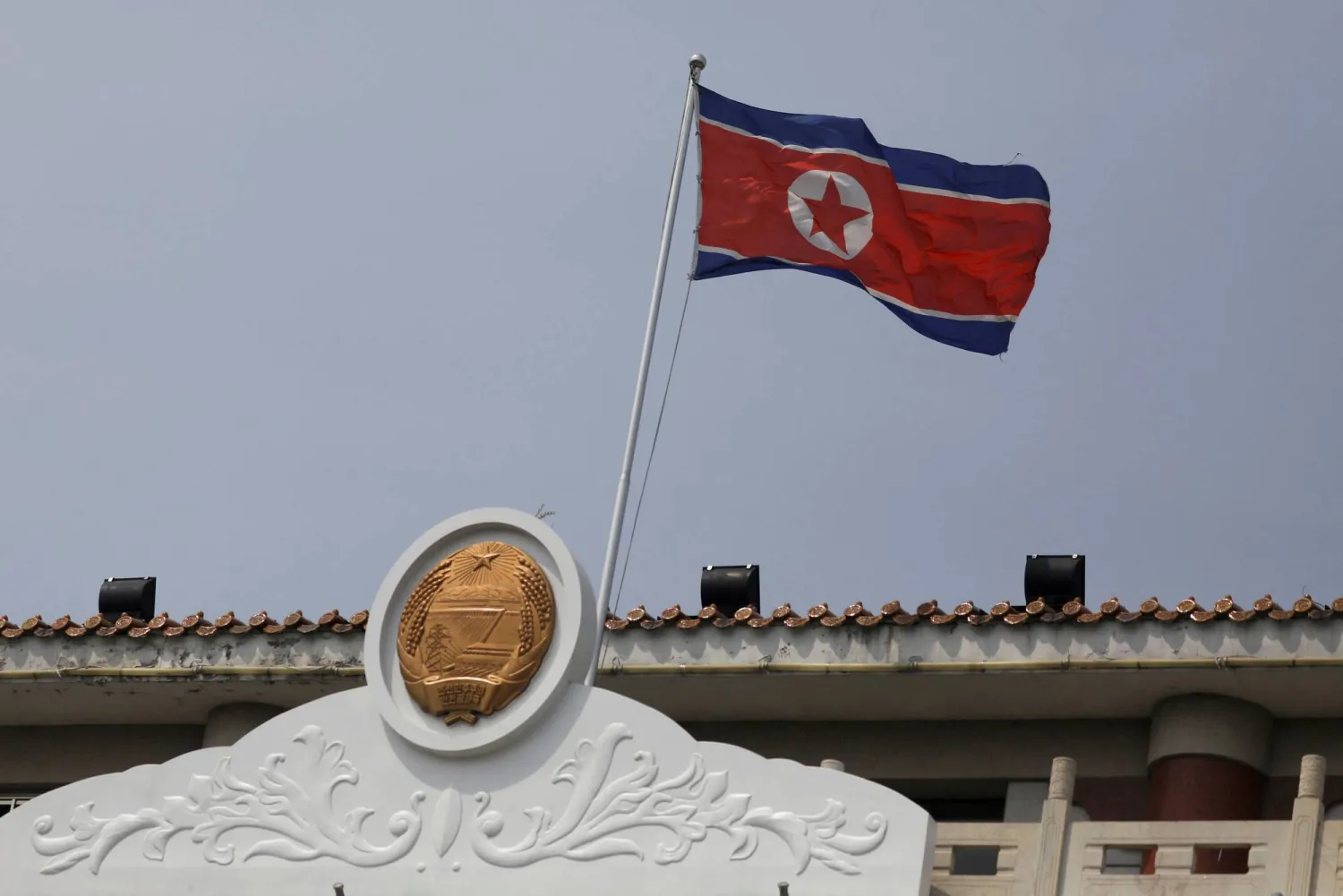North Korea's Supreme People's Assembly has voted to scrap all agreements with South Korea on promoting economic cooperation, the North's official KCNA news agency reported on Thursday, as the two Koreas' ties continue to deteriorate.
The assembly, which takes formal steps to adopt policy decisions of the ruling Workers' Party, also voted to abolish laws governing economic ties with Seoul, including the special law on the operation of the Mount Kumgang tourism project.
The tours to the scenic mountain just north of the eastern border were a symbol of economic cooperation that began during a period of engagement between the two Koreas in early 2000s, drawing nearly 2 million South Korean visitors, Reuters reported.
The project was suspended in 2008 after a South Korean tourist who strayed into a restricted zone was shot and killed by North Korean guards.
Hyundai Asan, an affiliate of the Hyundai Group conglomerate which invested more than 750 billion won ($564 million) in developing the Kumgang project, declined to comment on the report.
South Korea's Unification Ministry, which handles ties with Pyongyang, said the North's action was not surprising and would only deepen its isolation. Seoul does not recognize the unilateral move, an official added.
The KCNA report did not mention the North's special law governing another major joint economic project, the Kaesong industrial zone, which at its peak housed the factories of 125 South Korean companies employing 55,000 North Korean workers.
The companies pulled out and the factory zone shuttered in 2016 when Seoul suspended the project after the North's fifth nuclear test and long-range ballistic missile launches.
In January, South Korea closed a state-run foundation that supported the development and operation of the Kaesong industrial zone, which at the time was considered a sign that Seoul viewed the project was unlikely to be revived.
North Korea Scraps All Economic Cooperation with South Korea

FILE PHOTO: The North Korean flag flutters at the North Korea consular office in Dandong, Liaoning province, China April 20, 2021. REUTERS/Tingshu Wang/File Photo

North Korea Scraps All Economic Cooperation with South Korea

FILE PHOTO: The North Korean flag flutters at the North Korea consular office in Dandong, Liaoning province, China April 20, 2021. REUTERS/Tingshu Wang/File Photo
لم تشترك بعد
انشئ حساباً خاصاً بك لتحصل على أخبار مخصصة لك ولتتمتع بخاصية حفظ المقالات وتتلقى نشراتنا البريدية المتنوعة







